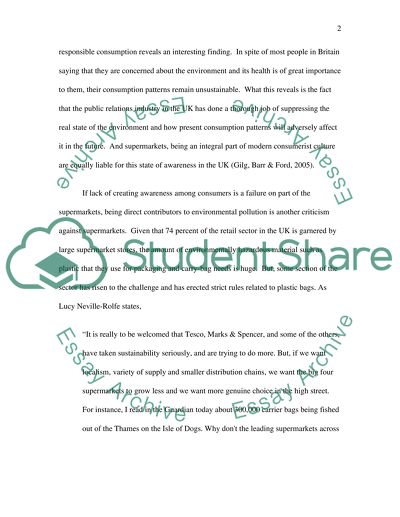Cite this document
(Social Responsibility in UK Supermarkets Essay Example | Topics and Well Written Essays - 1500 words, n.d.)
Social Responsibility in UK Supermarkets Essay Example | Topics and Well Written Essays - 1500 words. Retrieved from https://studentshare.org/law/1502429-social-responsibility
Social Responsibility in UK Supermarkets Essay Example | Topics and Well Written Essays - 1500 words. Retrieved from https://studentshare.org/law/1502429-social-responsibility
(Social Responsibility in UK Supermarkets Essay Example | Topics and Well Written Essays - 1500 Words)
Social Responsibility in UK Supermarkets Essay Example | Topics and Well Written Essays - 1500 Words. https://studentshare.org/law/1502429-social-responsibility.
Social Responsibility in UK Supermarkets Essay Example | Topics and Well Written Essays - 1500 Words. https://studentshare.org/law/1502429-social-responsibility.
“Social Responsibility in UK Supermarkets Essay Example | Topics and Well Written Essays - 1500 Words”, n.d. https://studentshare.org/law/1502429-social-responsibility.


